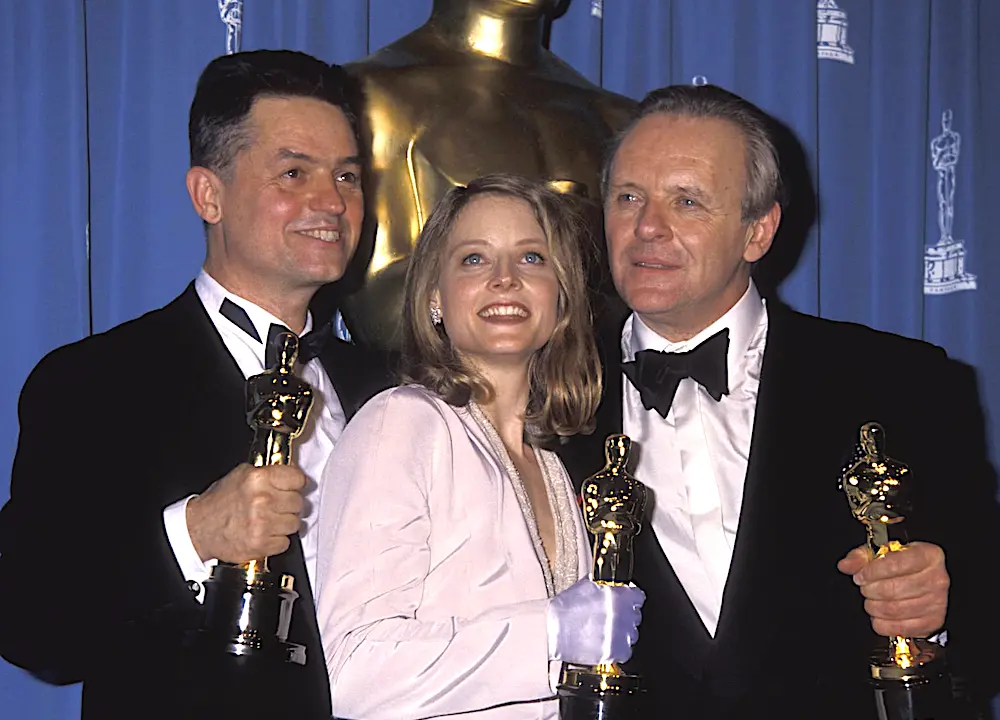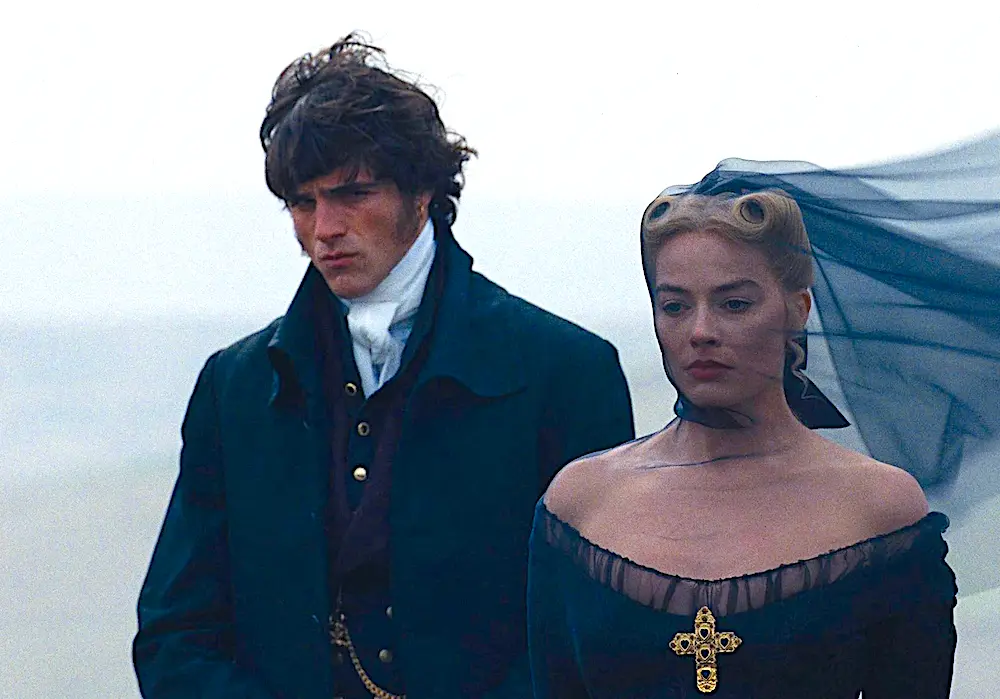Who would have thought a three-hour biopic (with thriller intent) about atomic physics would turn out to be 2023’s summer blockbuster? A blockbuster for adults. You’ll be on the edge of your seat the entire time because here, finally, is pithy, challenging, exciting, mind-expanding, engrossing, quality educational cinema at its best.
Mark Jackson is the senior film critic for The Epoch Times and a Rotten Tomatoes-approved critic. Mark earned a bachelor's degree in philosophy from Williams College, followed by classical theater conservatory training, and has 20 years' experience as a New York professional actor. He narrated The Epoch Times audiobook "How the Specter of Communism Is Ruling Our World," available on iTunes, Audible, and YouTube. Mark is featured in the book "How to Be a Film Critic in Five Easy Lessons" by Christopher K. Brooks. In addition to films, he enjoys Harley-Davidsons, rock-climbing, qigong, martial arts, and human rights activism.
Author’s Selected Articles





